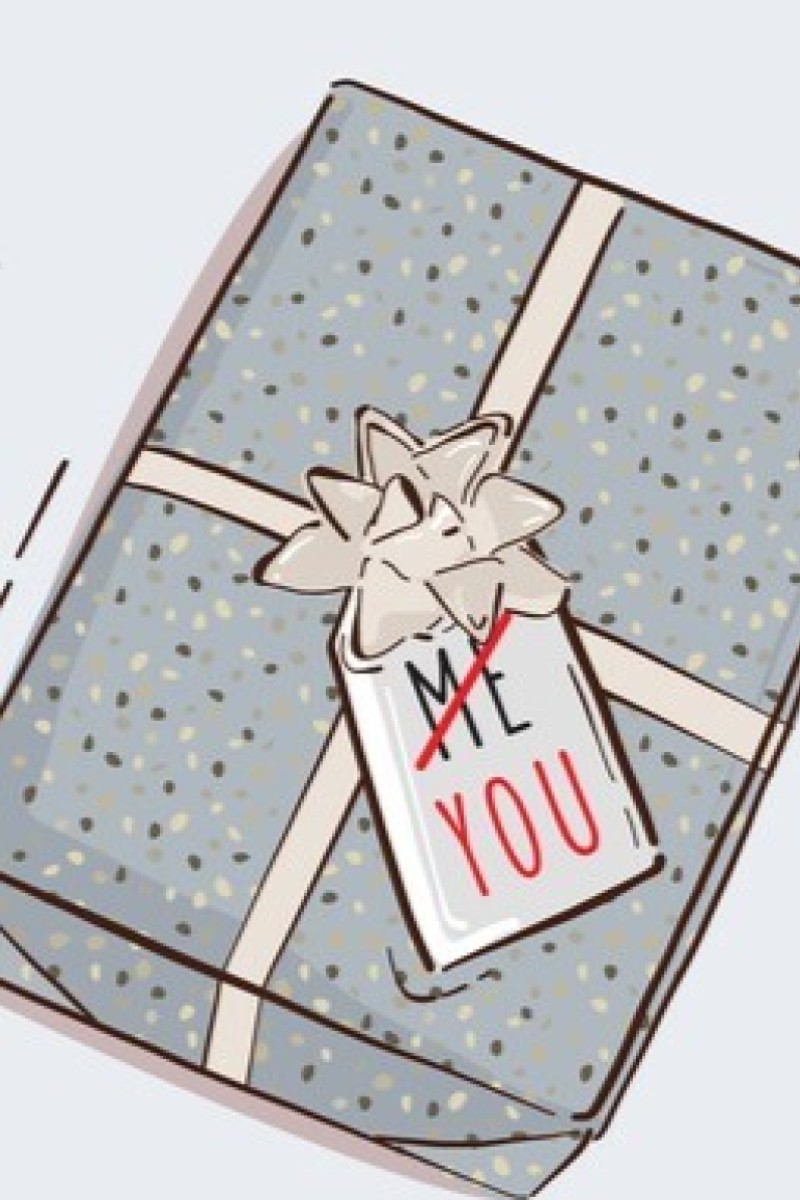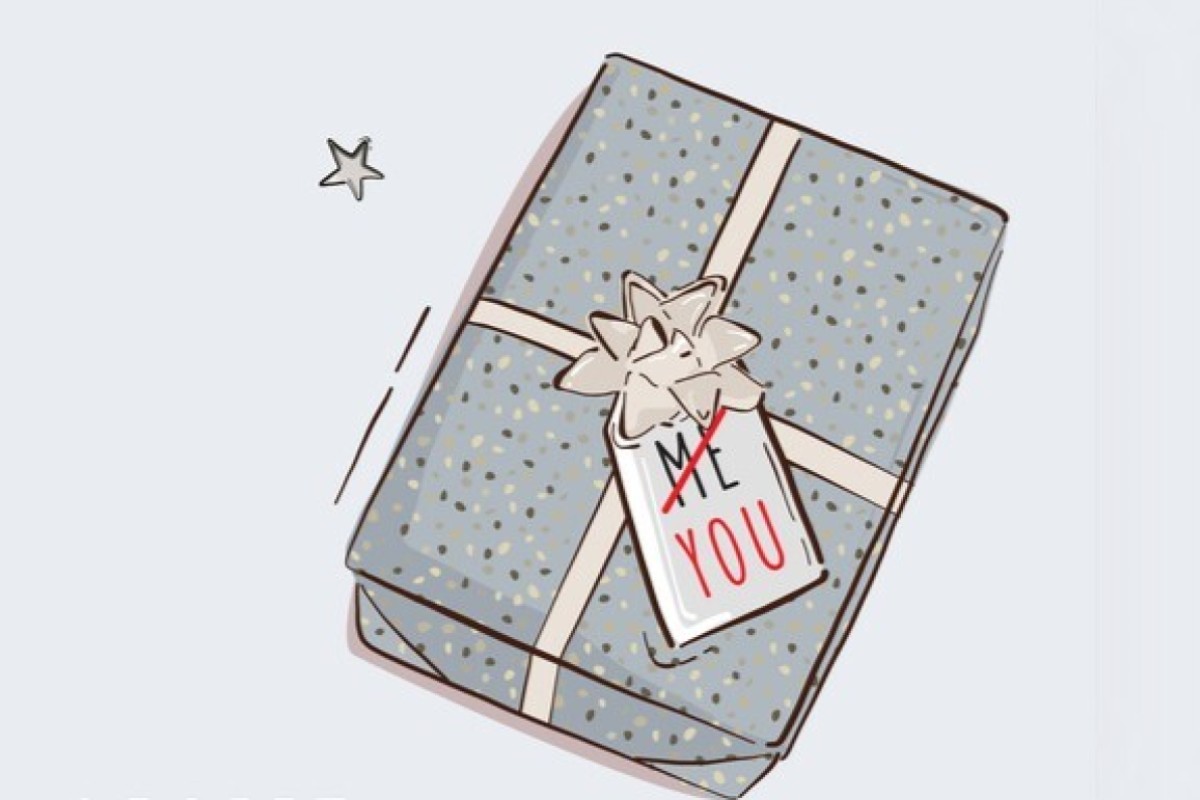
- Teenagers often receive presents they don’t want, but don't just throw them away!
- There’s nothing wrong with passing a gift on to someone else if you follow the right etiquette, and it saves money and prevents waste
 If you do it right, passing on an unwanted gift is a selfless act
If you do it right, passing on an unwanted gift is a selfless actYour heart leaps when you receive your first present on Christmas morning, but soon the smile on your face falters ever so slightly as you rip open the perfectly wrapped box and see the gift nestled within. Then you quickly put on a bright smile as you thank the person who gave it to you, knowing it will probably sit at the back of your wardrobe for the rest of the year.
If this scenario sounds familiar, you are not alone – and you shouldn’t feel bad about it. But rather than leaving the gift to gather dust or end up in the landfill, why not put it to better use by giving it to someone else who would appreciate it more than you? There’s definitely no shame in doing that.
What you can and can't recycle at Christmas
Many of us avoid regifting as we are worried the recipient would be offended.
However, according to a study published in the Journal of Experimental Social Psychology, people are happier when they receive a gift they have asked for, or want, and it does not matter if they are regifts or not.
A separate study published in the same scientific journal also found that spending more money on a gift doesn’t always mean it will be appreciated by the person receiving it. According to Nicholas Epley, a professor of behavioural science at the University of Chicago, in the US, who co-authored the study, it’s not the thought, but the gift, that counts.
Besides saving money and a trip to the mall (to be limited in times of Covid-19), there are huge eco-benefits of regifting. By not buying new things, you’re helping to reduce potential waste and resources used to make new products, as well as keeping them out of the landfill.
What’s more, regifting is far better than recycling because you are saving the energy needed to reprocess the item into something else.
That said, there are things that can go wrong when regifting. To avoid embarrassing mishaps or moments, there are a few dos and don’ts you should follow to ensure it all goes smoothly.
Regift an item you think the recipient will appreciate, and be honest about it. Don’t give a friend that eclectic pencil case with a French Bulldog print on bright pink polka dots you got from a gift swap and pretend you bought it.
But if you know she’s a fan of animals and neon colours, regift it! Explain that you received it and that you believe it would suit her better. If you regift within a circle of friends, be up front, and let both giver and receiver know if possible.
Any item should be regifted in its original packaging, and be brand new and unused. Just because you only used that tumbler once, and you’ve still got the box stashed under your bed somewhere, it doesn’t mean it’s all right to chuck it under the Christmas tree.
No one would blame you if you didn’t finish Christmas shopping in time – so here’s some inspo
Also, remove any personal notes, cards and messages written inside the gifts by the original giver. It’s also nice to spend some time rewrapping or personalising it for the new owner, such as by adding a note on the inside cover of a book telling the recipient why you think it makes the perfect gift for them.
Most importantly, remember who gave you the present in the first place. The last thing you’d want to do is to accidentally give it back to them. Even if you hate an item, spare a thought for the giver’s feelings.
